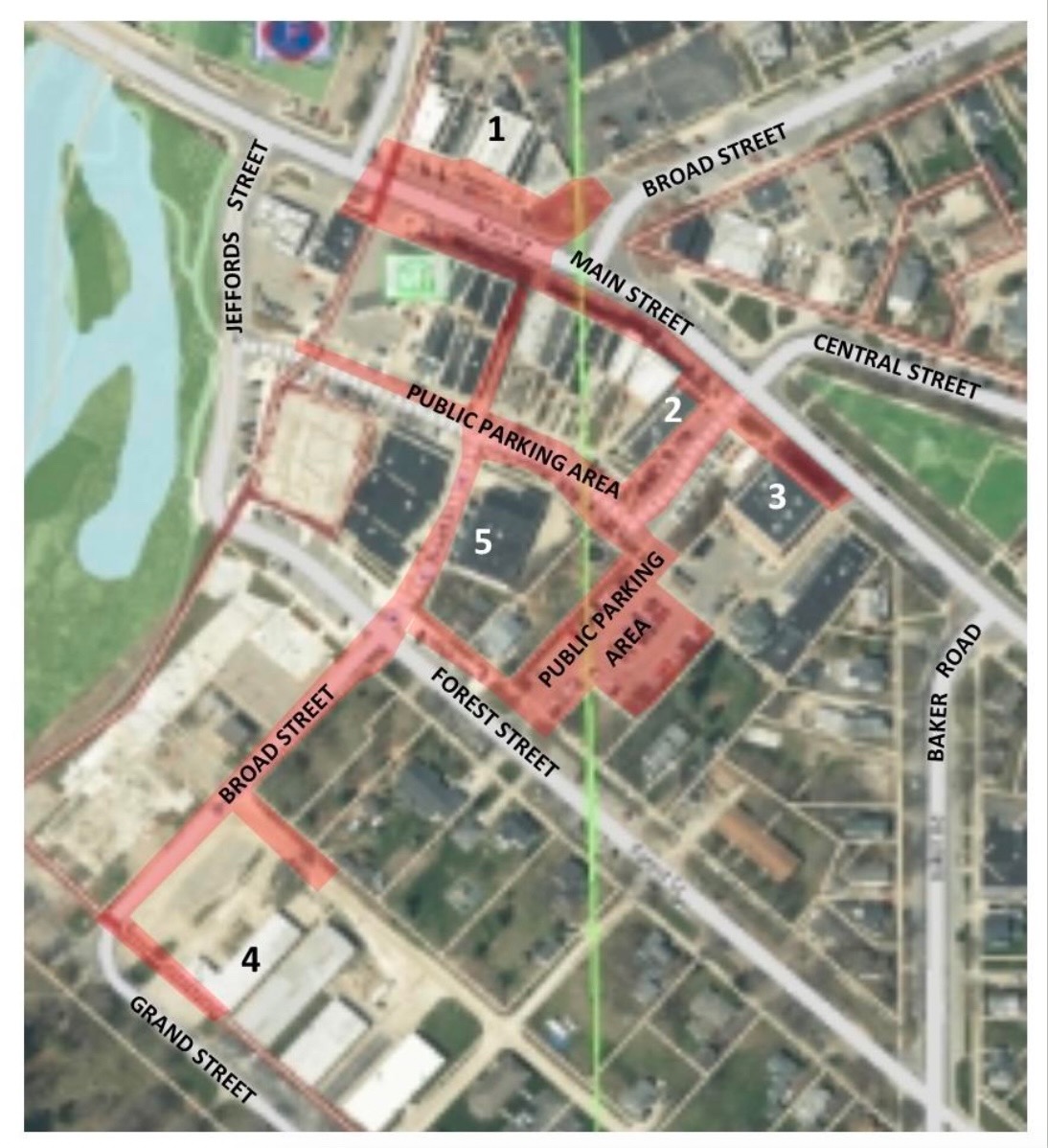In January, a Michigan hunter in Calhoun County reported the harvest of a large animal during a coyote hunt, which genetic tests later identified as a gray wolf, according to the Michigan Department of Natural Resources (DNR). The incident marked a rare occurrence of a gray wolf in this area, significantly distant from Michigan’s primary wolf population in the Upper Peninsula.
The DNR is investigating the wolf’s presence in Calhoun County, an area not known to host a wolf population. Historical records suggest that gray wolves were once widespread across Michigan but were confined mainly to the Upper Peninsula following their decline in the early 20th century.

Wolves were once widespread throughout all of Michigan, including the Lower Peninsula. This likely goes back thousands of years. However, their presence in the Lower Peninsula significantly declined after European settlement around the 1800s. By 1838, bounty programs to kill wolves were established, targeting a population already reduced in the southern Lower Peninsula. By 1910, wolves were believed to be eliminated from the Lower Peninsula due to hunting and habitat loss.
The Calhoun County hunter, legally hunting coyotes with a guide, reported taking down the animal, which weighed 84 pounds—considerably greater than the typical 25 to 40 pounds of eastern coyotes. Genetic analysis confirmed the animal’s identity as a gray wolf, surprising experts due to the species’ historical absence from the southern Lower Peninsula.
Brian Roell, large carnivore specialist with the DNR, indicated that the discovery is under thorough examination to ascertain the wolf’s origins. He mentioned that while instances of wolves traveling extensive distances are unusual, they are not unprecedented. The DNR has documented several wolf presences in the northern Lower Peninsula over the years, including a wolf captured in Presque Isle County in 2004, evidence of wolf-like tracks in 2011 and 2015, and a wolf photographed by biologists in 2014.
The public is advised not to be overly concerned about the potential for a significant wolf population in the Lower Peninsula, citing data showing wolves can migrate long distances. Wolves are listed as an endangered species in Michigan, and hunting them is prohibited unless they pose an immediate threat to human life. The state compensates livestock owners for losses due to wolf depredation.
The DNR plans to conduct another targeted track survey in the northern Lower Peninsula in 2025 to gather more data on wolf activities with the assistance of residents.
For more information on Michigan’s wolf population, visit Michigan.gov/Wolves.






 8123 Main St Suite 200 Dexter, MI 48130
8123 Main St Suite 200 Dexter, MI 48130


